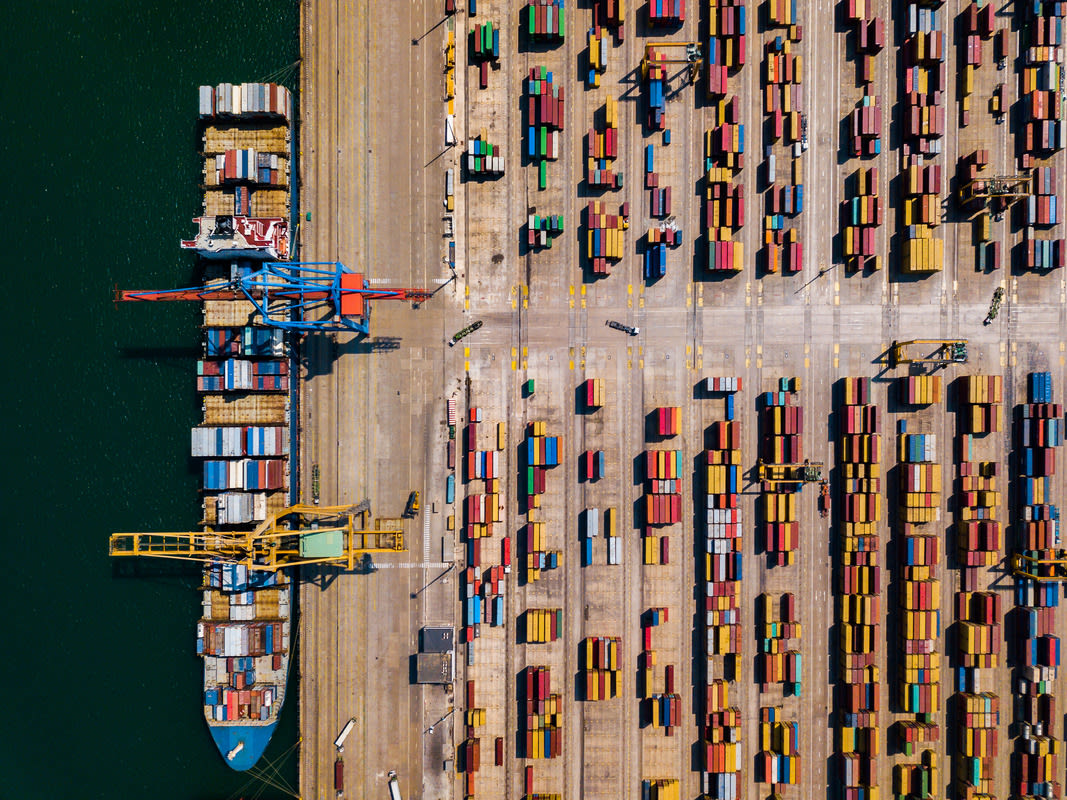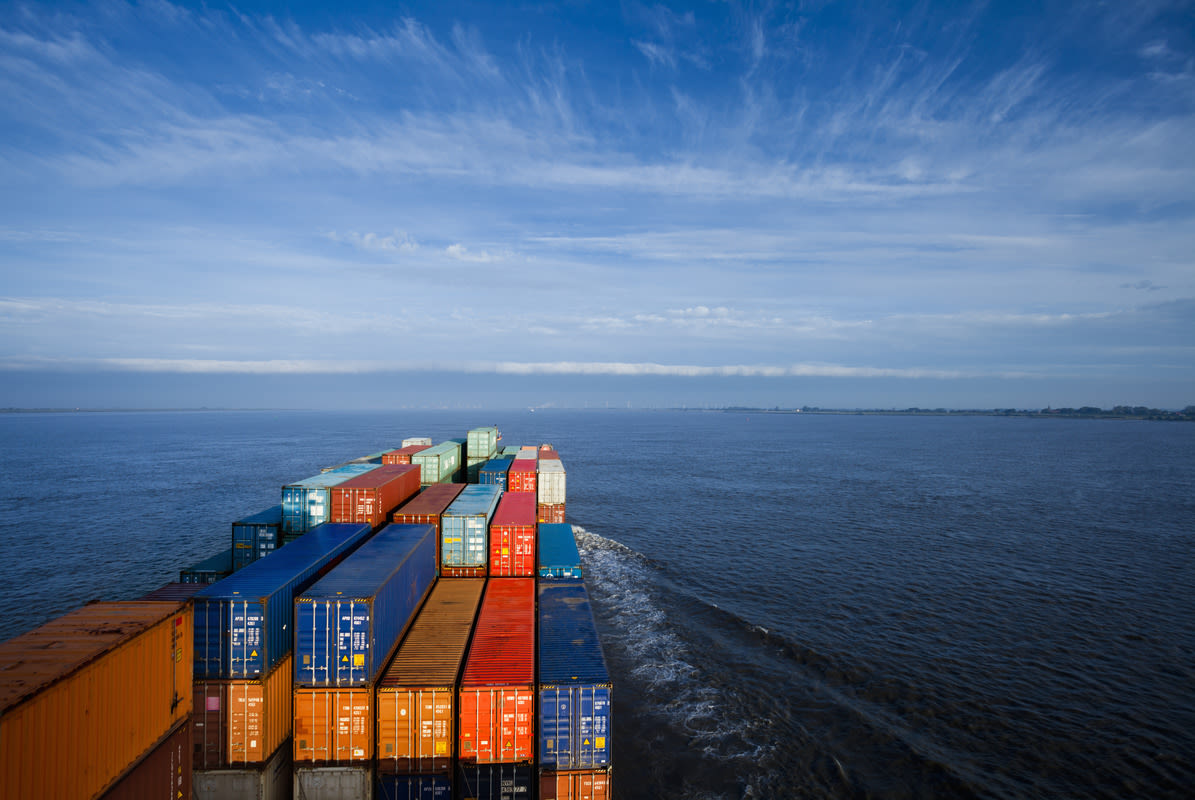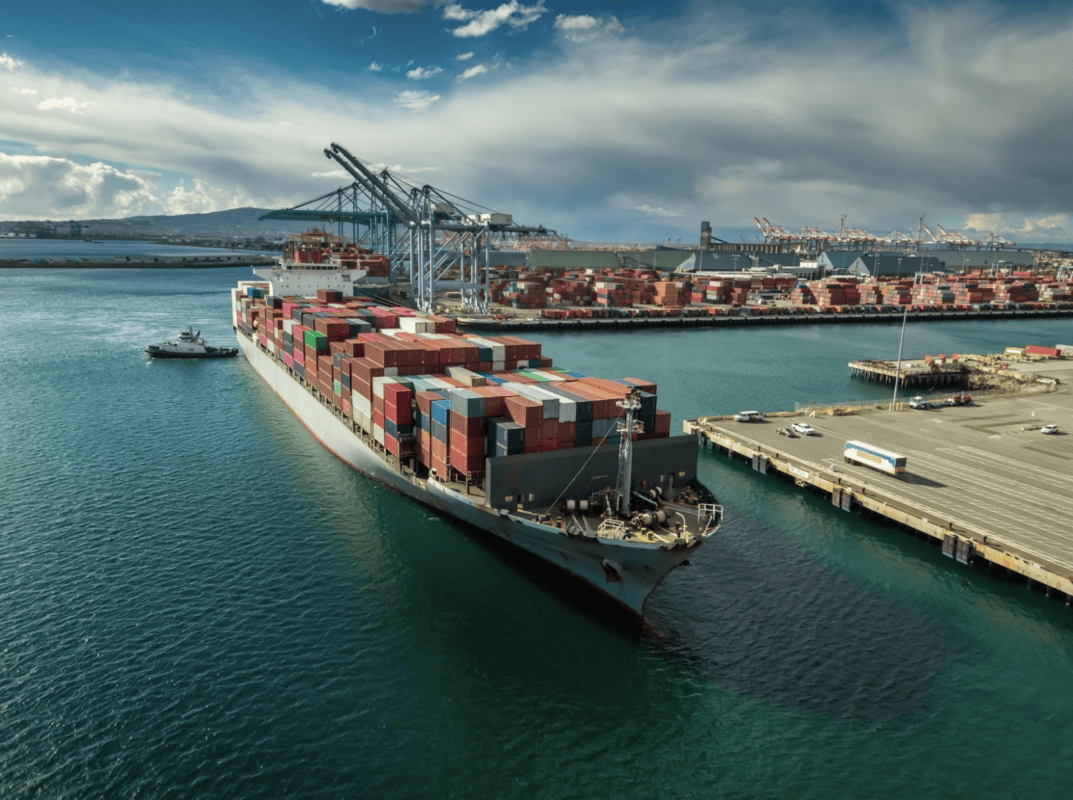
October 18, 2024
Supply Chain Snapshots (Week of October 14, 2024): A Recap of Industry News You Can’t Miss
Tags:

October 18, 2024
Here’s some interesting logistics news you might’ve missed this week:
The Battle Over Robots at U.S. Ports Is On
(Read more on the Wall Street Journal)
The recent ILA strike sparked heated discussions around automation at U.S. ports. While dockworkers recently secured a tentative 61.5% pay increase after a strike, concerns about job displacement due to automation persist. ILA President Harold J. Daggett has called on unions for a united front worldwide against automation. Employers argue automation enhances efficiency, while unions fear it threatens jobs and requires workers to adapt to new, advanced roles. Economist Daron Acemoglu estimates that each new robot results in the loss of six jobs, fueling anxieties about the future of work.
Global disruptions, e-commerce drive September air cargo volumes
(Read more on Supply Chain Dive)
Global air cargo demand surged 9% year-over-year in September, driven by container shipping disruptions, e-commerce growth, and pre-holiday demand in China. But October may be a “whole new ball game,” as supply chains are expected to need four to six weeks to fully recover after the short-lived three-day ILA strike. The 2025 macroeconomic outlook remains uncertain, prompting carriers to consider rate increases.
Where’s the Generative AI ROI? Start With the Supply Chain.
(Read more on Big Technology)
Flexport's AI-powered document parser processes 15,000 documents per month, saving 80% of operator time. The cost of document parsing has been reduced from $5-10 to just a few cents using generative AI. Generative AI is proving a game-changer in tackling the inefficiencies and unstructured data plaguing traditional supply chains.
Chicago cargo theft highlights larger challenges for intermodal container moves
(Read more on Journal of Commerce)
A recent cargo theft from a Union Pacific train in Chicago exposes several vulnerabilities in the rail freight system, and the difficulties in combating cargo theft. The incident, captured on video, shows thieves targeting specific containers—including specific boxes with electronics—potentially indicating they’d received inside information, and raising concerns about security at interchanges between railroads.
Biden-Harris administration opens tariff exclusion process
(Read more on Supply Chain Dive)
The Office of the U.S. Trade Representative (USTR) has opened a process for manufacturers to request exemptions from upcoming tariffs on goods from China. The process will allow companies to seek exclusions from the tariffs for specific machinery used in domestic manufacturing, including electric vehicles, batteries, critical minerals, semiconductors, and solar cells. The exclusions are designed to protect domestic manufacturers from the impact of the tariffs while maintaining leverage with China. The deadline for manufacturers to submit requests for exemptions is March 31, 2025, and the process will cover a range of manufacturing equipment.
About the Author

October 18, 2024





